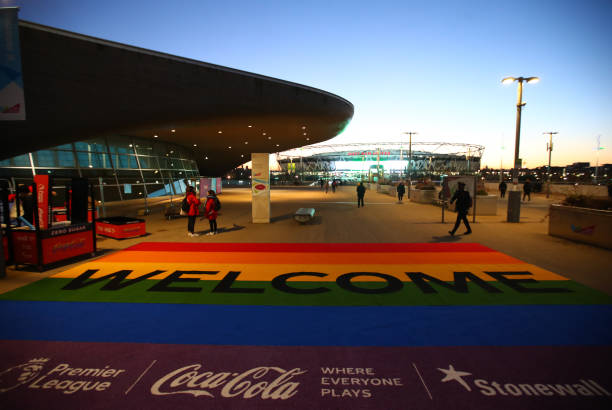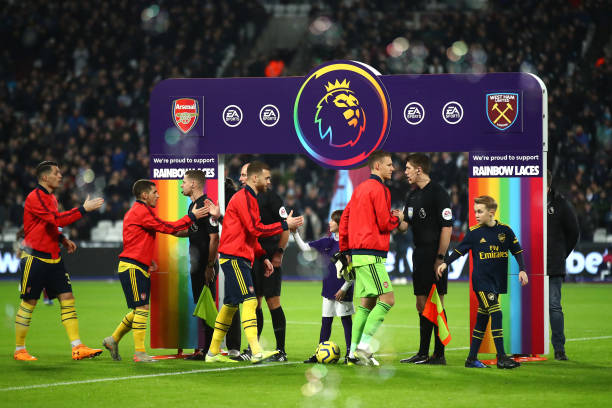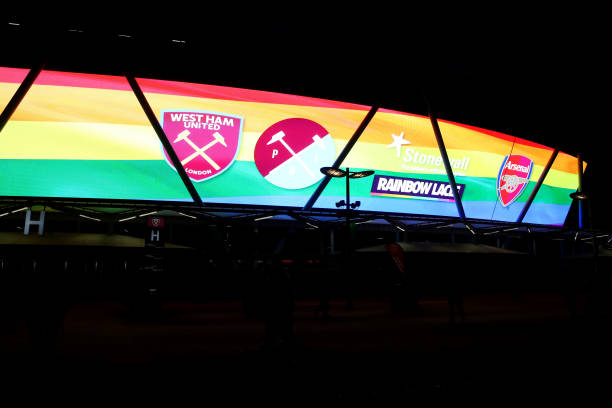A 3-1 win and, hopefully, the start of a new era at Arsenal, but for one long-time supporter, the evening left her “with a sick feeling in my stomach and an overwhelming sense of disillusionment with attending live football.”

I went to an away game last night and watched my team win 3-1.
After a run of terrible results, the dismissal of our manager and much chatter about relegation form, this should have been a match to celebrate and savour. Instead, I left the London Stadium with a sick feeling in my stomach and an overwhelming sense of disillusionment with attending live football.
I won’t be going to another away game for a very long time.
There’s very little point in repeating what was shouted and screamed in the upper tier, suffice to say that seeing fellow Arsenal fans chanting misogynistic and anti-Semitic abuse with pure hatred in their eyes (even when we were winning) was absolutely crushing.
The worst part was observing that most of the perpetrators were very young. At a guess, I’d say they were at least ten years younger than me and that means that any perception we have of so-called ‘archaic’ attitudes dying off as time marches onwards is totally wrong.

It is very clear that these views, and the mode of their expression, are learned behaviour that is passed down the generations and enabled by society through simple inertia – the unwillingness to confront what is staring us in the face.
The Premier League and the clubs are desperate to appear like they’re doing something.
Yes, I see your Rainbow Laces, I see your Kick It Out banner on the pitch, I see your little signs about reporting abuse in the stands, but what does any of this achieve on the ground?
If no action is taken, all it amounts to is empty virtue signalling.
Admittedly, it must be extremely difficult to enforce a policy when hundreds if not thousands of people are doing the exact same thing. However, if the Premier League and the clubs really want to take a stand they need to figure out a way of quickly identifying who is responsible for hateful conduct and commit to efficiently removing those people from the grounds, however large their numbers may be.
If this problem is ever going to be solved, there needs to be a holistic change in our culture which, I suspect, only vast improvements in education and our current political climate can provide.
If we are unable to change people’s attitudes then we at least need to be able to recognise discriminatory abuse and learn how to challenge it in a public setting, because if we don’t, our fanbase is going to shrink in the worst possible way.
Sadly, I know from experience that, as a woman, I am not respected enough to be listened to at football, so I am imploring every decent fan out there, especially if you are white and a cis male, to make a stand for those of us who effectively don’t have a voice and support us when we tell you about our experiences.
The undertone of the abuse I heard on Monday night suggests that football exists only for a select demographic.
How sad it is to support a team and not feel at home amongst its fans.

